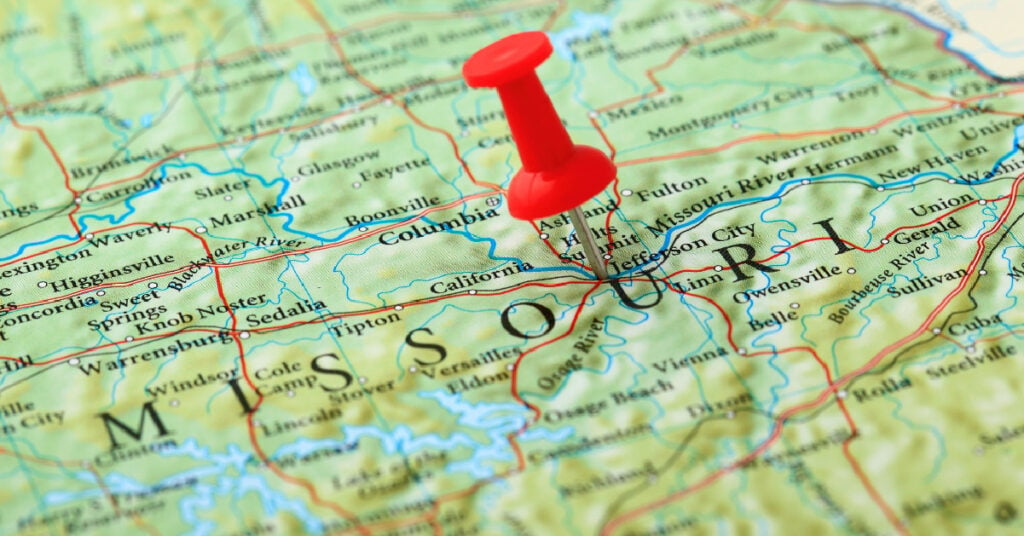The year may be new, but state lawmakers seem to have the same old resolution: slashing state income taxes. In Virginia, Gov. Glenn Youngkin dropped his new tax cut proposal just before the holidays which seeks to cut personal income taxes to the tune of $3.46 billion over the biennium. Iowa legislators are seeking to accelerate their tax cuts that were passed in 2022, with some legislators even proposing to bring the final income tax rate lower than the planned 3.9 percent. And in Wisconsin, the Republican-controlled legislature is pushing for further tax exemptions on retirement income.
The impact of these deep and expensive personal income tax cuts will inevitably contribute to the regressive nature of these state tax systems, resulting in a windfall for wealthy households while simultaneously jeopardizing the ability to fund important public services. As surplus revenues flatten, states should work to preserve existing revenues and make their tax systems more equitable in 2024.
Major State Tax Proposals and Developments
- The PENNSYLVANIA General Assembly reached a budget agreement that includes expanding its childcare tax credit. Currently, the state credit is capped at 30 percent of childcare expenses. Under the new law, the credit would be equal to the federal childcare deduction, which is $3,600 for each child under age six and $3,000 for children up to age 17. – MILES TRINIDAD
- VIRGINIA Gov. Glenn Youngkin unveiled a budget proposal that contains significant income tax cuts that are offset by increases in the state sales and use tax, which would disproportionately benefit higher income households. The income tax cuts, which are estimated to cost $3.46 billion over two years, would reduce the highest bracket from 5.75 percent to 5.1 percent, and the lowest bracket would be reduced from 2 percent to 1.75 percent. The proposal also includes increasing the state’s nonrefundable portion of their Earned Income Tax Credit from 20 percent to 25 percent of the federal credit. To offset the loss of revenue, Youngkin also proposed increasing the sales tax from 4.3 percent to 5.2 percent, as well as expanding the sales tax to digital streaming services and downloads. – MILES TRINIDAD
State Roundup
- Legislators in ALABAMA are considering multiple changes to the state sales tax base. The first would increase the state online sales tax rate from 8 to 9.25 percent. A separate bill would eliminate state and local sales taxes on baby products and feminine hygiene products.
- ARIZONA Gov. Katie Hobbs plans to rein in the state’s school voucher program, as it has already exceeded its funding allocation by $40 million. This comes as the state already faces a budget deficit caused largely by steep income tax cuts authorized by the previous administration.
- Despite flattening revenue projections, IOWA Republicans are continuing to push for an acceleration to the state’s recently enacted tax cut that will flatten the state income tax rate to 3.9 percent in 2026. Other legislators are proposing cutting the flat income tax rate even further.
- With MARYLAND facing a multibillion-dollar budget shortfall, some lawmakers are proposing increasing taxes on the wealthy – such as a millionaire’s tax, capital gains taxes, and expanding the estate tax – to meet funding needs, particularly for transportation and education.
- MISSOURI lawmakers are again considering exempting diapers and feminine hygiene products from the state’s sales tax base. Although similar measures have not advanced in the past, the proposal has support from at least some in both parties.
- NEBRASKA Gov Jim Pillen proposed to raise the state sales tax to 7.5 percent (the highest rate in the nation) and quadruple the cigarette tax to $2.64 per pack as part of a package to shift from property taxes to consumption taxes. The property tax reductions would include automatic rate reductions when valuations increase, stricter property tax growth caps, and replacing the recently created school property tax credit with a direct payment to schools.
- The OREGON rebate kicker, which is triggered whenever income and non-corporate tax revenue exceeds 2 percent of what state economists estimate when the legislature creates its two-year budget, will result in a record $5.6 billion refund to taxpayers this spring. The state issued the kicker in each of the last five biennium, but the size of the most recent one drew increased scrutiny of the law. Lawmakers are raising concerns about how the systemic underestimating of tax revenues is redirecting already-collected resources to a rebate rather than fully funding other state programs, such as education, healthcare, and infrastructure.
- OKLAHOMA’s Attorney General has chosen not to represent the state of Oklahoma in Alicia Stroble v. Oklahoma Tax Commission, a consequential court case on the limitations of tribal sovereignty—which in some cases means that tribal citizens do not pay Oklahoma income tax. The state will be represented in the case by the Oklahoma Tax Commission.
- WASHINGTON anti-tax interests are gathering signatures in an effort to repeal the state’s recently enacted Capital Gains Excise Tax, a tax on the sale or exchange of certain capital assets.
- WISCONSIN Republicans proposed additional exemptions on retirement income this legislative session.
What We’re Reading
- Property values increased across the country after 2020. Stateline reports on lawmakers’ efforts to enact property tax cuts at the state level.
- NPR discusses the bipartisan efforts to enact state level child tax credits.
If you like what you are seeing in the Rundown (or even if you don’t) please send any feedback or tips for future posts to Aidan Davis at [email protected]. Click here to sign up to receive the Rundown via email.





